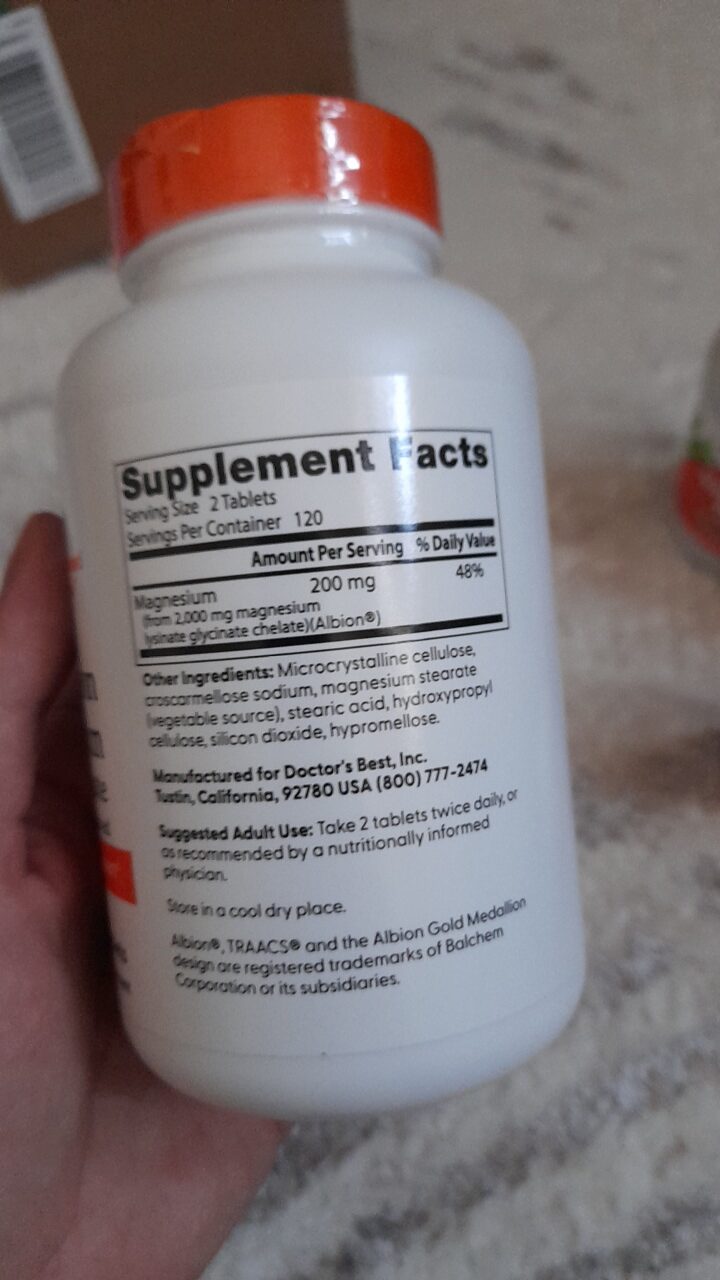
Barcode: 753950071872
magnesium
HALAL
📝 Reason: All ingredients listed are either synthetic, plant-derived, or mineral-based with no identified Haram sources. Islamic dietary laws permit the consumption of such substances provided they are free from Haram contaminants and processed in accordance with Halal standards. Reference: Quran 5:3, which outlines prohibited foods, and general Halal certification guidelines.
🏷️ Category: Supplement
📄 Certificates: Albion, Traacs, Vegetarisch, Vegan
Ingredients:
Details
Understanding the Halal Status of Magnesium
When it comes to dietary supplements, particularly for health enthusiasts and individuals adhering to Islamic dietary laws, the question of whether such products are Halal is paramount. Magnesium, a vital mineral used in various health applications, has garnered attention not just for its health benefits but also for its Halal status. In this article, we will explore the Halal certification of Magnesium and delve into its ingredients to provide a comprehensive understanding for consumers.
What Makes Magnesium Halal?
The Halal status of Magnesium is confirmed as all the ingredients used in its formulation are either synthetic, plant-derived, or mineral-based with no identified Haram (forbidden) sources. According to Islamic dietary guidelines, substances must be free from Haram contaminants and processed in accordance with Halal standards. One such guideline is stated in the Quran (5:3), which outlines prohibited foods, emphasizing the need for food and supplements to uphold ethical and dietary standards.
Breakdown of Ingredients and Their Halal Status
The Magnesium supplement comprises several ingredients, each of which we will evaluate regarding its Halal status:
- Microcrystalline Cellulose – This ingredient is plant-derived and is generally considered Halal. It serves as a filler or binding agent in the supplement.
Source - Croscarmellose Sodium – A synthetic agent used for its disintegrant properties; it has no Haram sources identified, ensuring its Halal status.
Source - Magnesium Stearate – Effectively derived from vegetable sources and is deemed Halal. It is commonly used as a lubricant in supplement formulations.
Source - Stearic Acid – This ingredient can be derived from plants or animals. In this case, it is free from Haram sources, confirming its Halal classification.
Source - Hydroxypropyl Cellulose – A synthetic compound with no identified Haram sources, making it safe for Halal consumers.
Source - Silicon Dioxide – A mineral-derived ingredient, recognized as Halal and used primarily as an anti-caking agent.
Source - Hypromellose – This synthetic ingredient is also free from Haram sources, ensuring its suitability for Halal consumption.
Source - Magnesium – Being a mineral, it is naturally Halal, providing essential benefits for bodily function.
Source - Lysinate Glycinate Chelate (Albion) – An amino acid chelate that poses no Haram concerns in its composition, thereby confirming its Halal status.
Source
Conclusion: A Reliable Halal Choice
In conclusion, Magnesium is a Halal dietary supplement that stands out for its ethical sourcing and manufacturing process. Every ingredient within this formulation has been carefully evaluated, and the absence of any Haram components makes it a suitable choice for those adhering to Halal dietary laws. With certifications from reputable sources such as Albion, Traacs, and being categorized as Vegetarian and Vegan, consumers can trust this product not only for its health benefits but also for its adherence to Islamic guidelines.
As consumers interested in Halal courses, being informed about the Halal status of dietary supplements like Magnesium can ensure that your health choices align with your ethical and religious beliefs.
